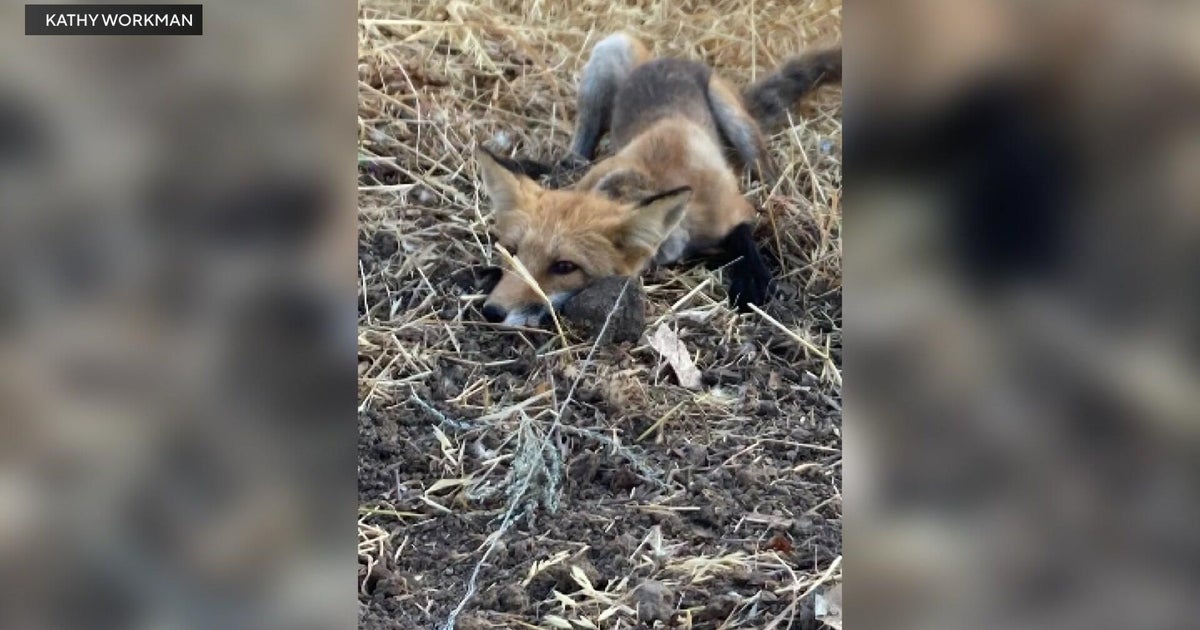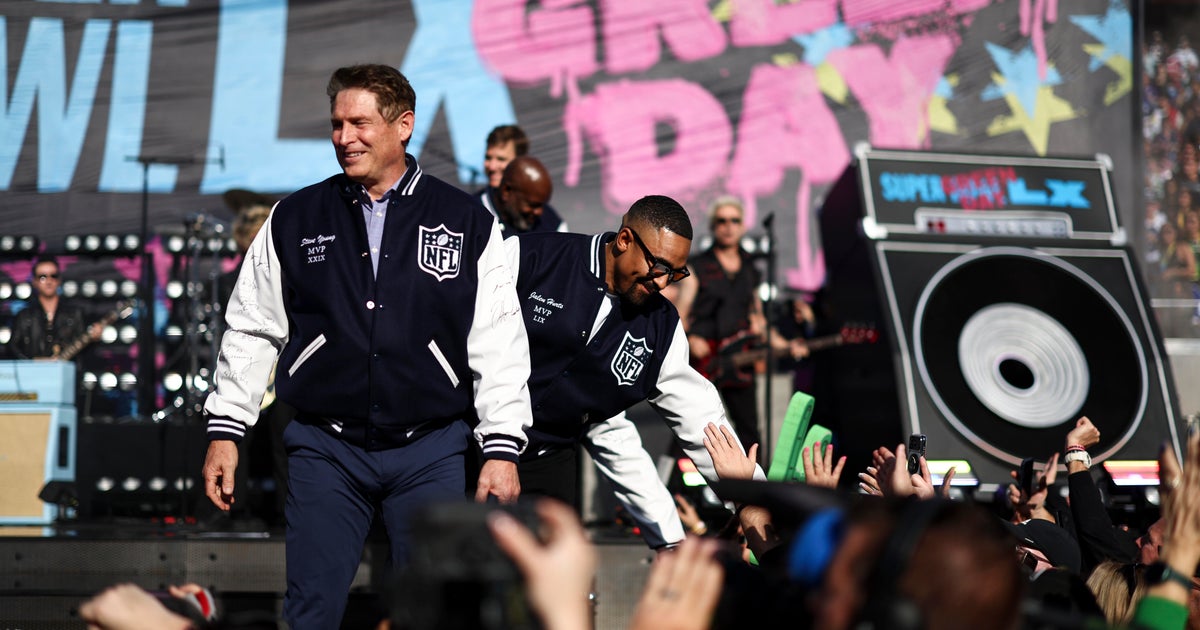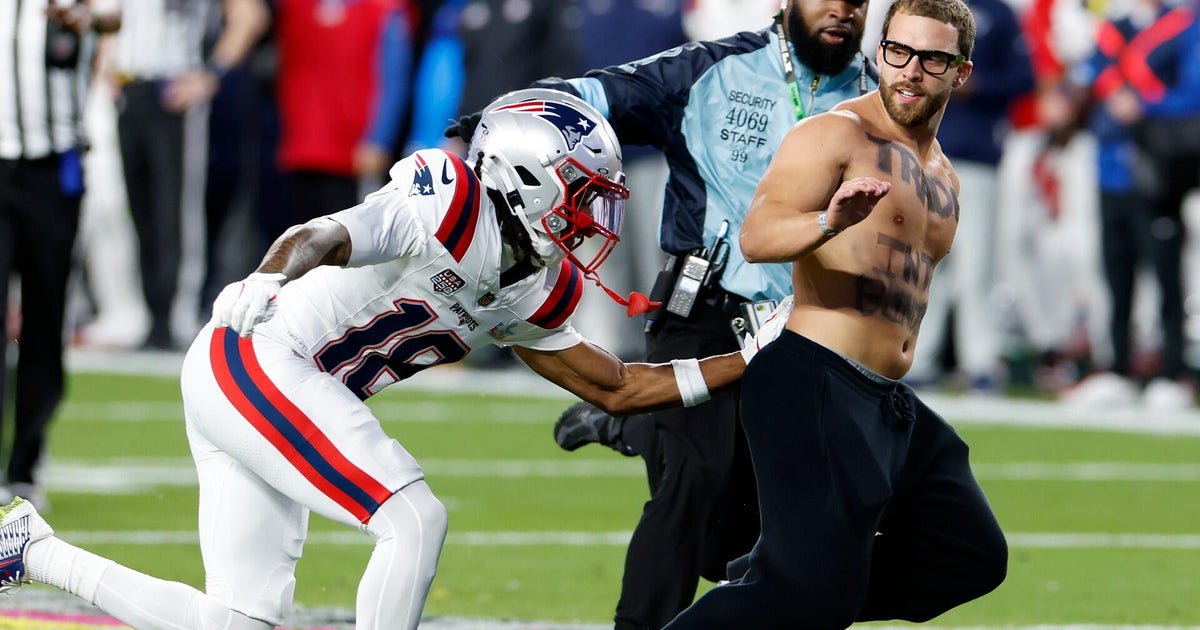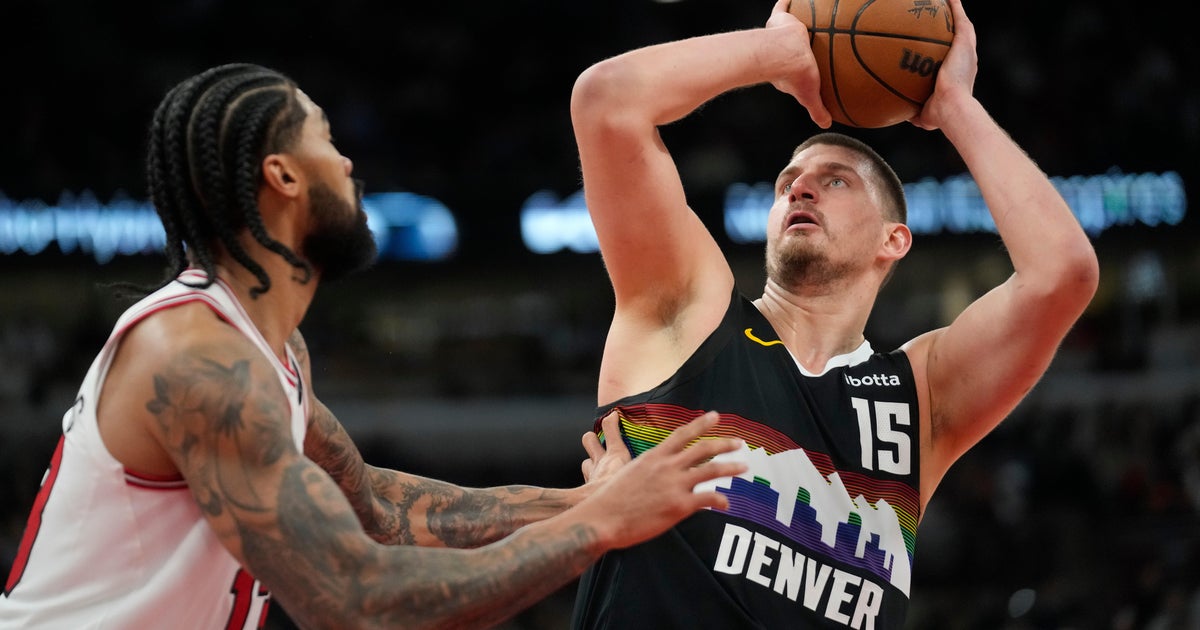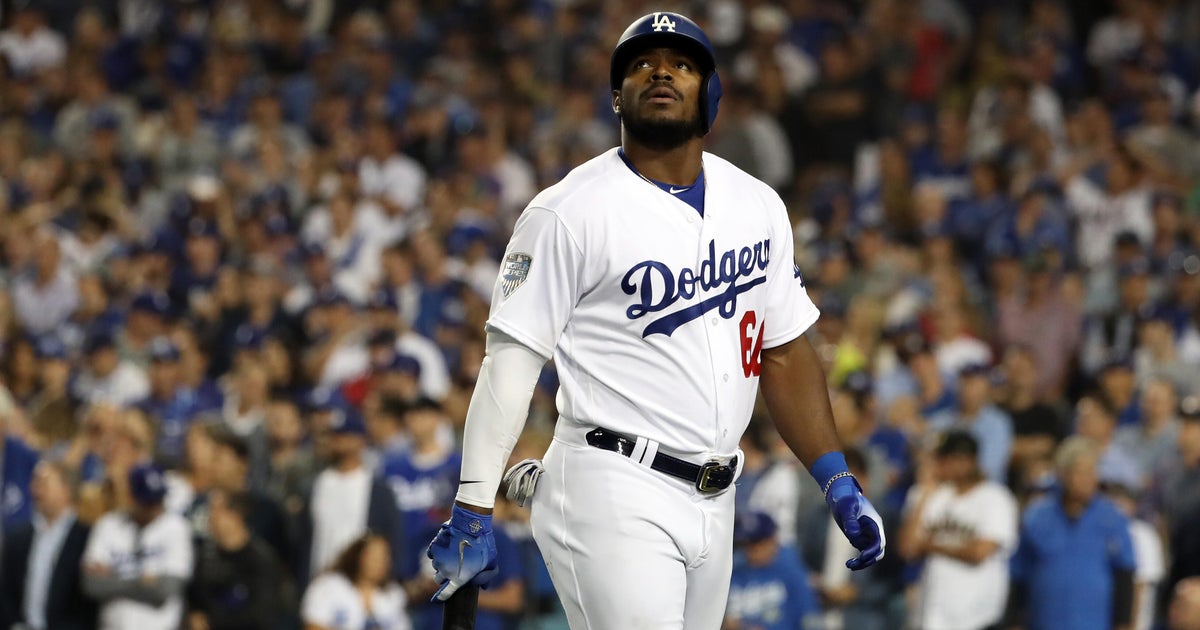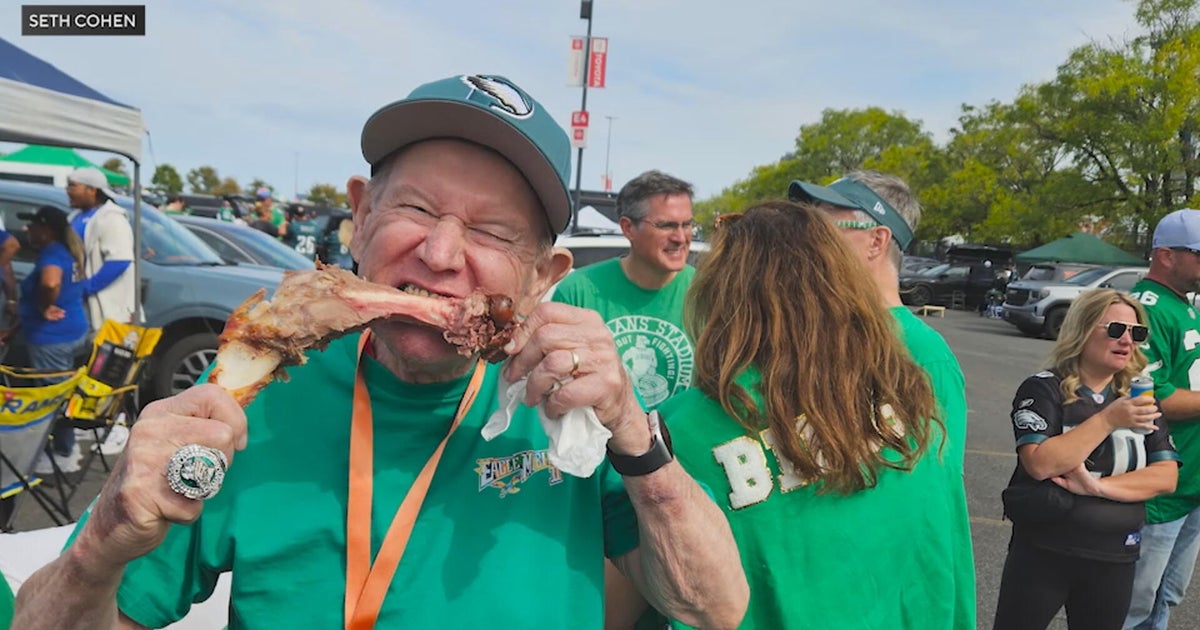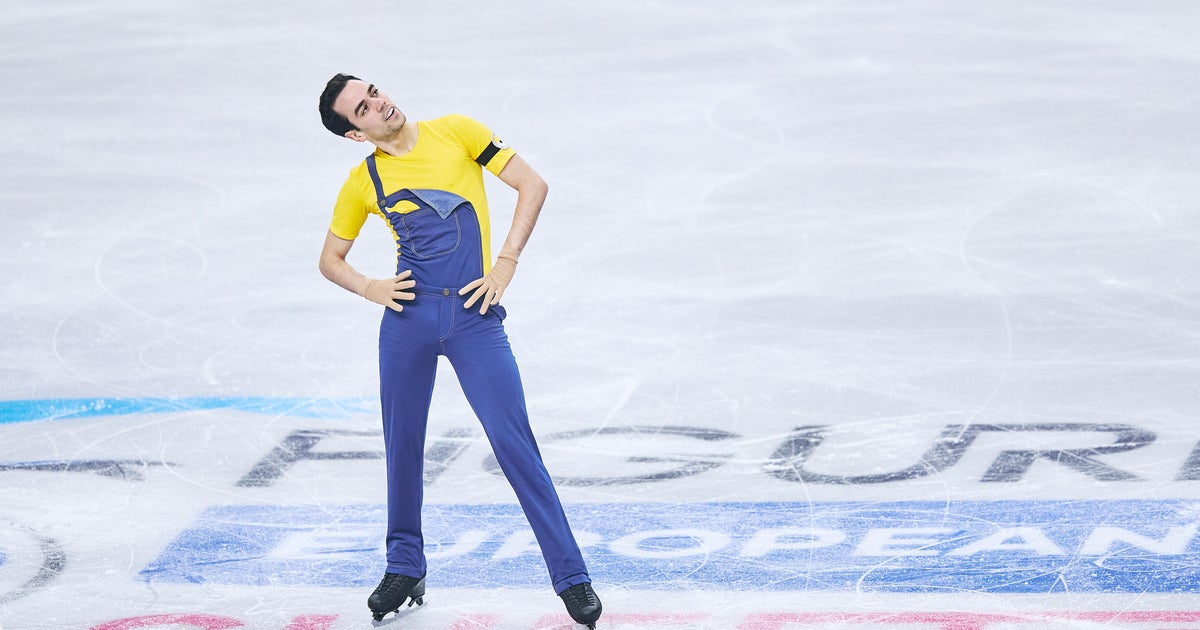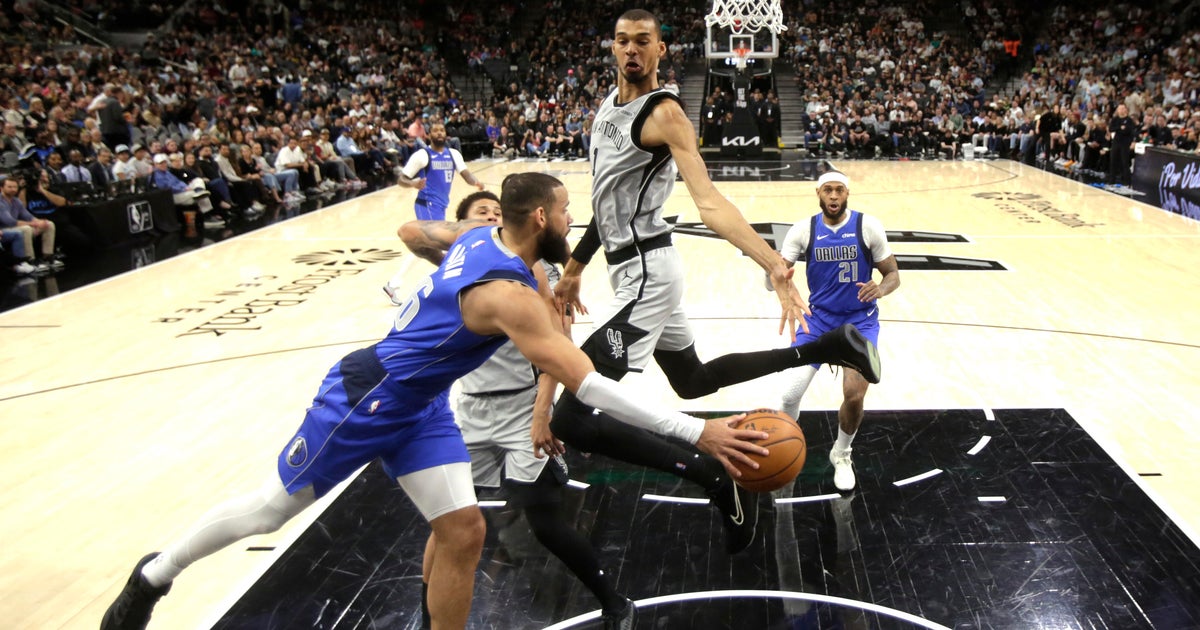Brock Lesnar Talks 'Ultimate Fighter,' Comeback
LOS ANGELES (AP) -- Brock Lesnar needed plenty of persuasion and a big paycheck to accept a job as a coach on the UFC's reality show.
The former heavyweight champion was downright surprised to learn he actually liked it.
Lesnar said his experience teaching welterweights on "The Ultimate Fighter" improved his own game as he prepares to make another run at the championship belt he lost to Cain Velasquez last fall.
"I was apprehensive at doing the show because I was out of my comfort zone," Lesnar said in an interview with The Associated Press. "It turns out every once in a while, it's good to get out of your comfort zone. I learned good and bad things about myself, and I was able to make some changes to what I did. I enjoyed the guys. It was actually very painless."
The UFC's biggest pay-per-view draw and his next opponent, Junior Dos Santos, are coaches on the show debuting Wednesday night on Spike TV.
UFC President Dana White was determined to get Lesnar on his flagship TV show, but Lesnar is notoriously reluctant to leave Minnesota for any reason, particularly during preparation for a fight. White got a deal done, setting up Lesnar's family in a plush Las Vegas home and paying the former WWE star enough to keep him happy in the desert during the winter.
"It was nice for me and the wife and the kids to sit poolside," Lesnar said. "I didn't have a lot of time. I had to get out of bed early and get my training done before the show, and then the show really consumed my life down there. But it was still good for my family. It was good for my kids to look out the window and see something besides snow."
Fans shouldn't expect the friction between coaches that often makes up the most entertaining aspect of the show. Lesnar said he spent "maybe a total of 30 minutes" with Dos Santos, the Brazilian striker who will meet Lesnar at UFC 131 in Vancouver on June 11.
"I'm very confident about being around a guy like that, knowing there's no way I'm going to let him get in the way of what I want to accomplish," Lesnar said.
Some of Lesnar's pupils likely had more overall experience than the former champ, who took up mixed martial arts relatively late in life after trying careers as a fake wrestler and an NFL lineman. The former NCAA wrestling champion confined most of his teaching tips to wrestling while his assistant coaches specialized in other areas, particularly standup fighting -- still Lesnar's biggest personal project.
"It really was refreshing, and brought back a lot of things in my past that I learned," Lesnar said. "It's amazing -- if you don't think about this stuff, you lose it, so I was constantly remembering stuff I had learned that helped me before, and now it'll help me again. ... I've just got to get comfortable with my hands. I've just got to believe in it, and I can't resort to my wrestling."
Lesnar also absorbed nuances of the fight game while cornering his fighters during their bouts on the show. He had never worked another fighter's corner, but he's more open to new approaches after missing more than a year of his career and losing 40 pounds while hospitalized with diverticulitis, an intestinal disorder.
Lesnar knows what he did poorly against Velasquez, who stopped him in the first round at UFC 121 in Anaheim, Calif., last October. If Lesnar beats Dos Santos, he'll get a rematch in the fall with Velasquez, who tore his rotator cuff in their fight and only recently got his arm out of a sling.
"Taking a title fight that soon (after an illness), I would never do that again," Lesnar said. "We were neck-and-neck right there until I was put on a street that I didn't know what the name of it was. I still feel confident, but I've got to get more comfortable on my feet and fix some things with my takedowns."
The hulking Lesnar said he's already down to a lean 270 pounds with improvements to his diet during his time in Las Vegas. Lesnar even had a little free time during his six-week stint, so he and his wife hit a few country music shows, a casino and a NASCAR race.
So have diverticulitis and "The Ultimate Fighter" combined to produce a kinder, gentler Lesnar? Well, sort of.
"I try to grasp it a little more and appreciate my career a lot more than I probably did before the sickness," Lesnar said. "I'm still angry that I lost last fall, but like I told the guys I coached when I had a setback, being angry about it isn't the solution. Doing something about it is."
(© Copyright 2011 The Associated Press. All Rights Reserved. This material may not be published, broadcast, rewritten or redistributed.)
